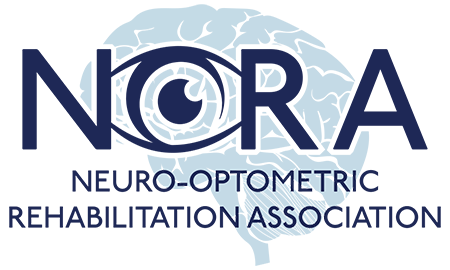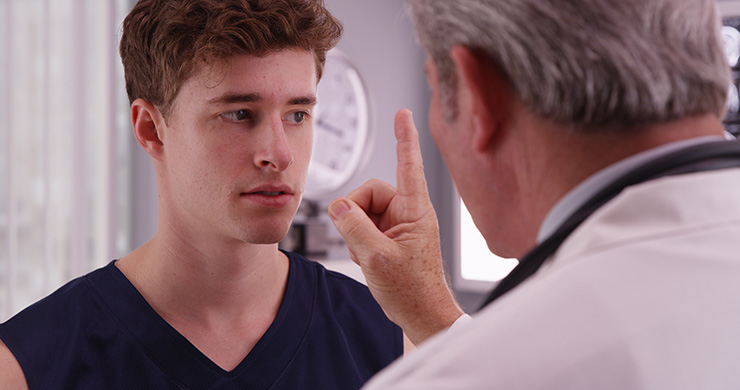The Centers for Disease Control and Prevention defines a traumatic brain injury (TBI) as a disruption in the normal function of the brain that can be caused by a bump, blow, or jolt to the head, or penetrating head injury. Everyone is at risk for a TBI, especially children and older adults. In the United States, an estimated 1.7 million people sustain a TBI each year with about 75 percent of them a result of concussions or other forms of mild traumatic brain injury.
Visual problems are often overlooked during initial treatment of a brain injury and in some cases, symptoms may not be present until sometime after the injury. Left untreated, visual system disorders can have serious consequences. If you notice any changes in your vision following a concussion or some other head trauma, don’t ignore them: Immediately contact your eye care professional. Early diagnosis leads to appropriate treatment and or referral to a specialist, such as a Neuro-Optometric Rehabilitation Optometrist.


